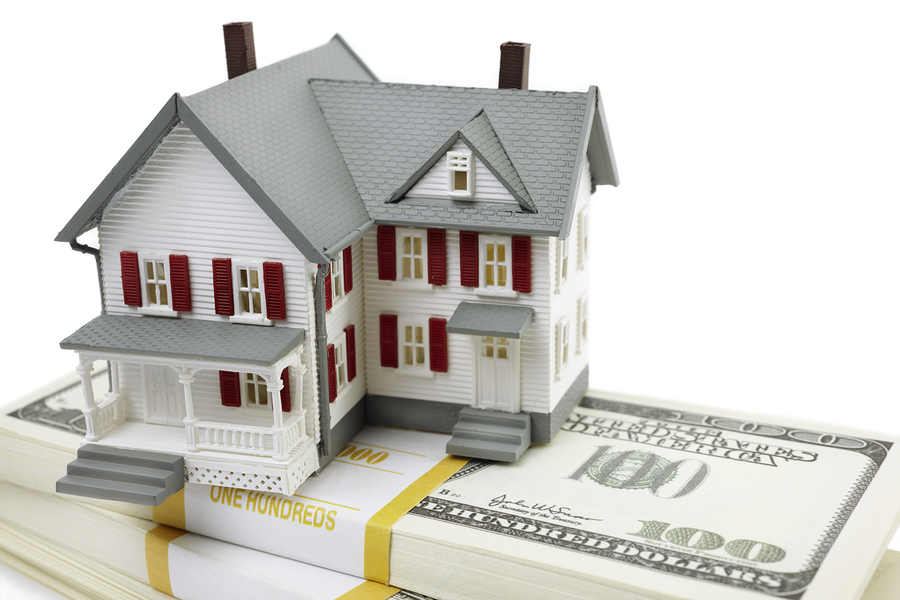Property Taxes and Escrow – How Does it All Work?
 It’s that time of year again; time to give your state and local municipality their Christmas bonus, Property Taxes. I’ve had several questions this month from upcoming and recent first time home buyers about how it all works, so I thought I’d address it here.
It’s that time of year again; time to give your state and local municipality their Christmas bonus, Property Taxes. I’ve had several questions this month from upcoming and recent first time home buyers about how it all works, so I thought I’d address it here.
First, I’ll explain property tax escrow in general. Typically if a home buyer is getting a mortgage their lender will want them to set up an escrow fund to pay their property taxes. Usually the lender will collect a couple months’ worth of taxes at closing to set aside in this escrow fund. Part of your monthly mortgage payment will also be set aside in escrow every month. At the end of the year there should be enough in the account to pay your property tax bill (plus or minus a few hundred). Basically it’s a savings account for your taxes. Your lender prefers to force you to save for your taxes through this method because it’s less likely you’ll end up with an unpaid tax bill at the end of the year. An unpaid tax bill could result as a lien on the property, and therefore it’s added risk to the lender to not have a tax escrow account. Many lenders will allow you not to escrow, but they will typically charge you extra not to escrow because of their added risk.
How do I get money out of this escrow fund when my tax bill comes, you ask? It depends on the process you chose with your lender. Many lenders offer the option of paying the taxing authority directly or mailing the check to you to forward to the taxing authority. In either case, your escrow check will not be the same amount as your tax bill. You will be responsible for the difference if your escrow check is short, or you will receive a refund check if the escrow check is more than your tax bill. For example; we received our tax bill in early December, about a week later we received our escrow check. The escrow check was made out to me and the city treasurer. I signed the back of the check, and I wrote another check for the amount of the shortage, and I sent both checks to our city treasurer to take care of the bill.
I just bought my house am I responsible for the whole tax bill? This is another common question. The answer is yes if you closed on your home in 2013 you need to pay the whole tax bill for 2013. Before you think you are getting ripped off, take a look back at your closing statement, because you should have received a prorated credit for taxes for the time frame the previous seller lived in the home. If you are escrowing, you likely never saw this money, it would have just been a number on the closing statement and transferred straight to your escrow fund. So never fear, your escrow check will include the amount the seller paid you for property taxes.
I hope this clears up some of the common confusion with property taxes and escrow accounts. If you have any questions feel free to comment on the blog or email us.


 Back Home
Back Home












Leave a Reply
You must be logged in to post a comment.